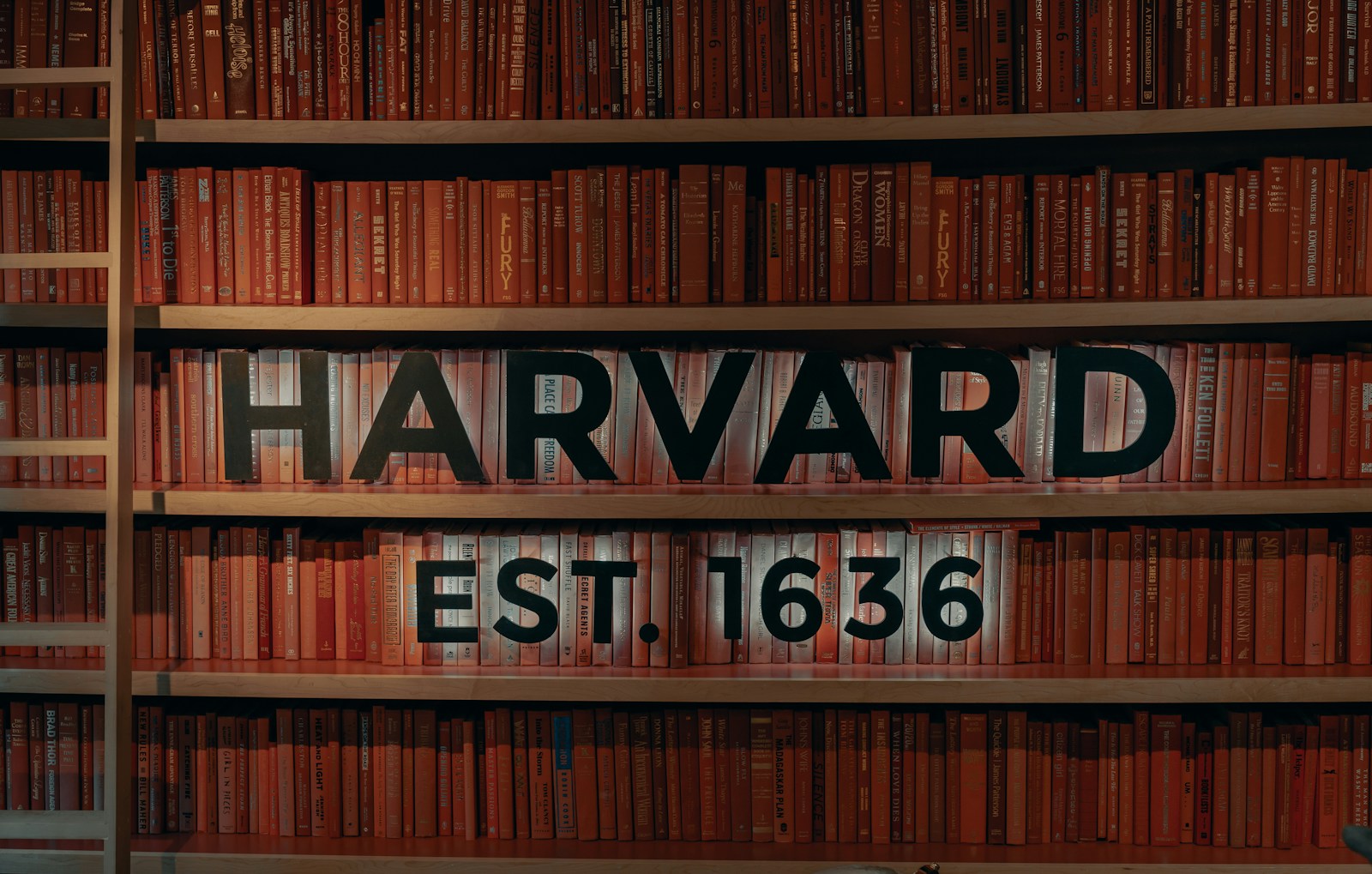Key Takeaways:
- Harvard faces challenges due to its admissions policies, considering race.
- Trump Criticizes Harvard’s political bias and handling of antisemitism.
- Potential government actions against elite universities.
Introduction: In recent news, Harvard University is tackling not just academic challenges but also a brewing conflict with the Trump administration. This clash centers on key issues like college admissions, political bias, and campus antisemitism. As one of the most prestigious universities, Harvard is at the center of a debate that could change higher education.
The Battle Over Admissions: Harvard’s admission process considers race, aiming for diversity. However, this practice is under scrutiny as it’s seen as unfair and possibly illegal. The Trump administration criticizes this, suggesting it discriminates against certain applicants, pushing for policies that could end such considerations. This could force Harvard to rethink its approach, potentially affecting its diverse student body and leading to broader changes in college admissions nationwide.
Professors’ Political Leanings: Many Harvard professors lean liberal, which Trump calls problematic. Critics argue this can bias education, pushing students toward certain ideologies. This debate questions whether universities should be neutral or reflect diverse viewpoints. As the government may step in, this could reshape how academia handles political diversity.
Antisemitism and Campus Protests: Harvard has seen antisemitic incidents, often linked to anti-Israel protests. Critics argue the university hasn’t handled these issues well, allowing a hostile environment. Trump vows to address this, though solutions are complex. Balancing free speech with safety is a tough challenge for universities, with Harvard under scrutiny.
Implications for Other Universities: This clash isn’t just about Harvard; it’s a sign of broader changes. If the government intervenes, other elite schools might follow suit, affecting their admissions and policies. This could pressure universities to align more with political expectations, changing their independence.
Conclusion: Harvard’s challenges reflect broader debates on education’s role in society. The conflict with Trump highlights tensions over diversity, politics, and campus safety. As this unfolds, the future of elite education and academic freedom hangs in the balance, with significant implications for students, faculty, and institutions alike.
